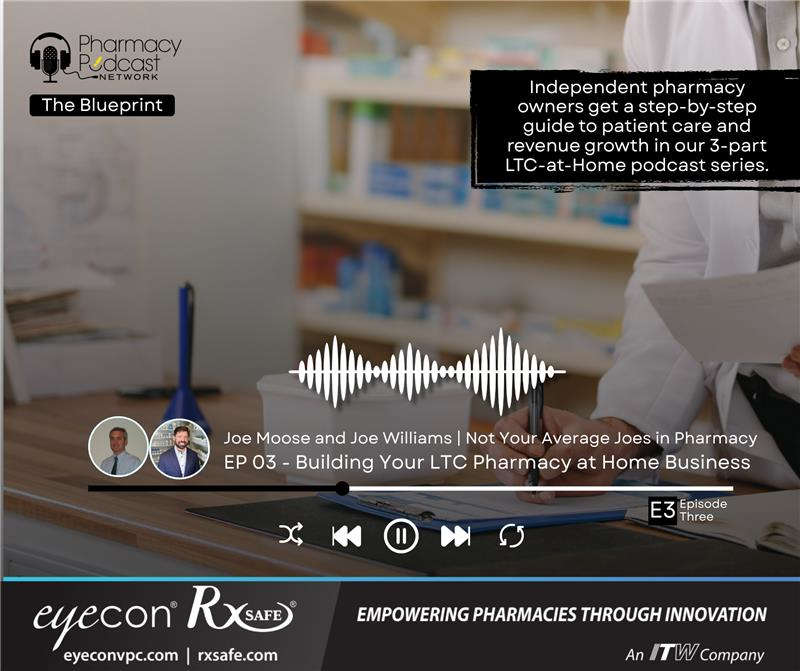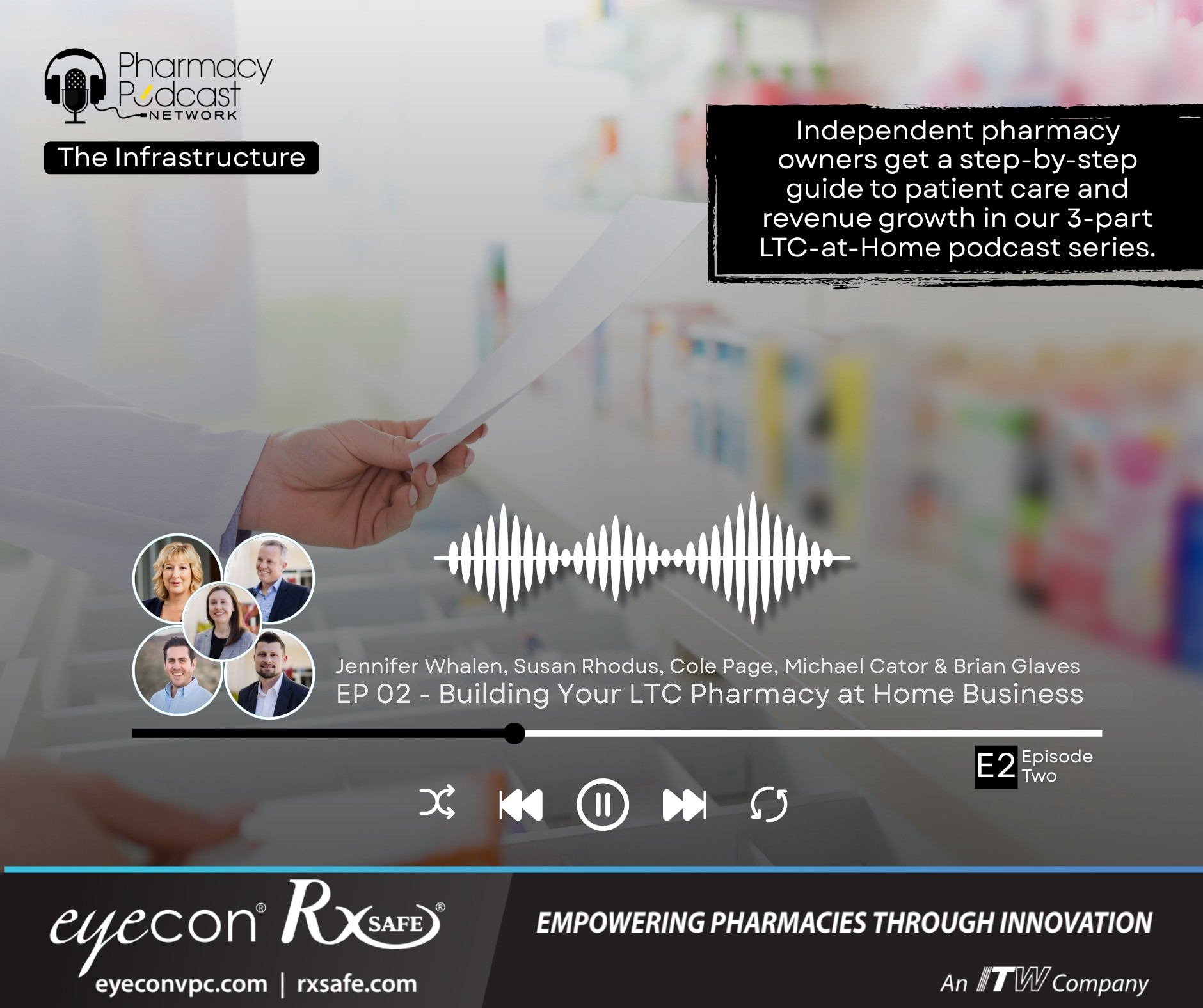PBMs are in the crosshairs of Washington, as their role in driving up drug costs for ordinary consumers becomes clearer to legislators and their constituents.
Following our series on the different pieces of legislation aimed at regulating pharmacy benefits managers’ practices and the actions of organizations such as the NCPA (National Community Pharmacists Association) in promoting independent pharmacy, this month we are highlighting recent legislative action and efforts by the Federal Trade Commission (FTC) to increase drug pricing transparency and hold PBMs accountable.
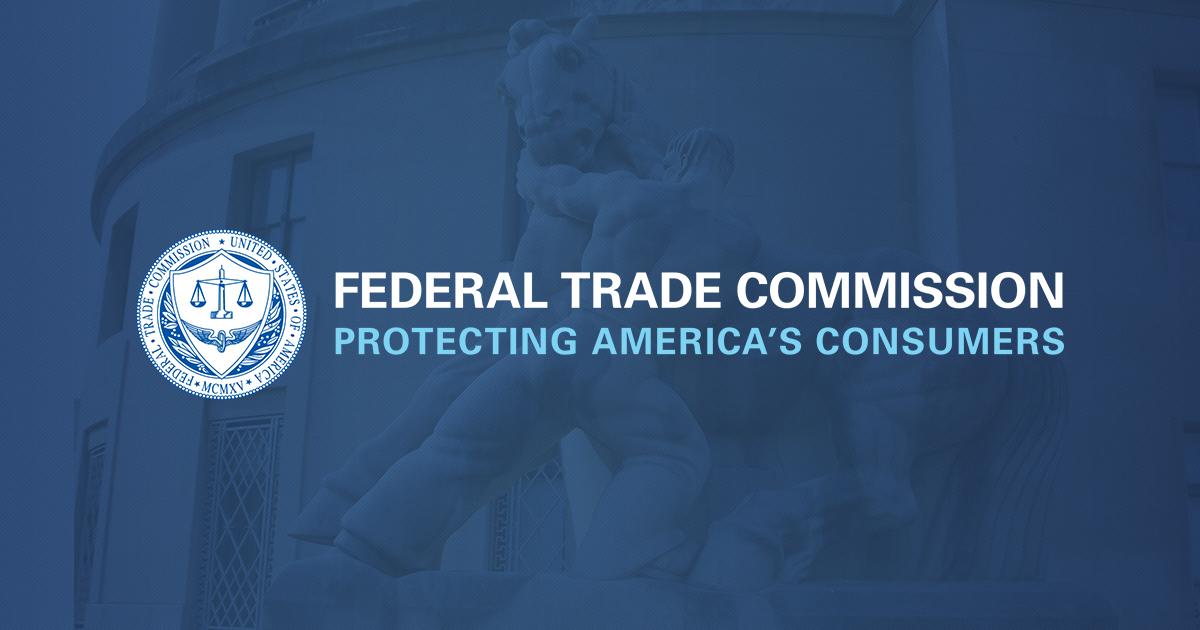
Bipartisan Bill Introduced to Reign in PBMs
The Pharmacy Benefit Manager Transparency Act of 2022 is a bipartisan bill introduced by senators Maria Cantwell (D-WA) and Chuck Grassley (R-Iowa) in May of this year to combat abusive pharmacy benefits manager practices. Specifically, the bill would tackle “unfair and deceptive PBM (Pharmacy Benefits Managers) business practices” concerning spread pricing, DIR fees, clawbacks, and payments made to pharmacies.
“Pharmacy benefit managers and other intermediaries in the pharmaceutical supply chain must be held accountable for increasing the cost of health care in the United States. It is critical for Congress to direct the Federal Trade Commission to go after these arbitrary, unfair, and deceptive practices while also establishing more transparency and accountability,” Senator Grassley states.
“PBMs are the middlemen in the prescription drug supply chain and it’s time for Congress to give the FTC the ability to shine a brighter light on any deceptive and abusive practices,” says Senator Cantwell.
PBM Disclosure and Accountability
The bill would force PBMS to fully disclose their markups, costs, remuneration fees, and reimbursements of prescription drugs to health plans and pharmacies. Along with disclosure, PBMs would also need to submit annual reports to the FTC containing previously undisclosed information, including:
- The difference between costs paid by health plans to PBMs for drugs and the amount PBMs paid pharmacies on behalf of health plans for the drugs
- The reasons for increasing costs, copays, and deductibles for patients and the reasons for decreased reimbursement rates to pharmacies for a prescription
- The total amount of fees, reimbursements, and clawbacks from pharmacies
Spread Pricing and Clawbacks
The bill would address two of the most egregious examples of PBM abuse: spread pricing and clawbacks.
Clawbacks happen when PBMs charge copays that are more than the cash prices for the drugs. PBMs pocket the difference and pass the cost on to the pharmacy and the consumer.
Spread pricing allows PBMs to charge health plans more to process specific prescriptions, resulting in lower reimbursement rates and higher income for the PBM.
If the bill passes, PBMs would be required to disclose how much money they make through spread pricing and pharmacy fees to the FTC.
PBMs have cost Medicaid and patients hundreds of millions of dollars in spread costs and overcharges. Because these murky business practices have driven up pricing in the drug supply chain, PBMs have come under scrutiny in several states in the past years, including New Jersey, Ohio, Kansas, D.C., Mississippi, and others.
FTC Vote and Investigation
The FTC voted unanimously in a 5-0 decision in June to examine the rising cost of insulin prices and the anti-competitive practices of PBMs.
In the eight years between 2009 and 2017, insulin prices have almost tripled. With a vial of insulin costing $300 in 2022, this life-saving treatment is out of reach for many insulin-dependent diabetics.
In a separate investigation in the same month, and a reversal of an earlier vote, the FTC asked the six largest pharmacy benefits managers in the country (OptumRx, Humana, Prime Therapeutics, MedImpact Healthcare Systems, Express Scripts, and CVS Caremark) to submit five years’ worth of records specifically to investigate the effect of vertical integration and mergers on the access to and pricing of prescription drugs.
The six largest PBMS control over 80% of the total prescription drug market, with CVS controlling the lion’s share at 30%.
FTC Chair Lina Khan explains that the inquiry will “shine a light on these companies’ practices and their impact on pharmacies, payers, doctors, and patients.”
The commission has vowed to take legal action against PBMs, should it find evidence of anti-competitive practices.
Whistleblower Protection
The timing of the FTC vote comes at a time when documents in a whistleblower lawsuit against CVS were unsealed and recently made public.
The lawsuit, which involves a former executive, alleges that CVS knowingly and intentionally impeded some Medicare patients from gaining access to cheaper generic prescriptions, increasing profits for the company while passing the costs to taxpayers and the Part D beneficiaries in the process.
Section 6 of the proposed bill empowers the FTC to protect whistleblowers against intimidation or reprisals for reporting violations.
PBMS Sue to Keep Prescription Rebates Hidden
While being blamed for exploiting loopholes in the drug pricing system that allows them to dictate unreasonable prices for formularies, PBMs have maintained that the blame for rising drug costs rests squarely on the shoulders of drug manufacturers and that PBMS save consumers 40% to 50% on prescription drug costs.
However, in August 2021, The Pharmaceutical Care Management Association (PCMA), which represents PBMs, sued the federal government to keep prescription drug prices from being disclosed to the public. The suit states that the government had overstepped its bounds in requiring PBMs to reveal net prices they negotiate with drug companies.
Named in the suit were agencies including The Department of Health and Human Services, Internal Revenue Service and Department of Labor.
According to the suit, PCMA alleges that the rule, which will force them to reveal negotiated prices, will only serve to "drive up the total drug price ultimately borne by health plans, taxpayers and consumers by advantaging drug manufacturers in negotiations over price concessions, through collusion to increase drug prices."
After reaching an agreement with the current administration, the lawsuit was pulled. PBMS would still have to disclose negotiated prices to the government but will not have to make the amounts public.
Grassroots Action in August
For the latest on action against PBM abuse by state, visit the National Conference of State Legislatures page on PBMs here.
To find out what businesses can do to shed light on the importance of pharmacy in the local community, visit the Grassroots Toolkit page and consider participating in the NCPA Month of Action in August 2022.


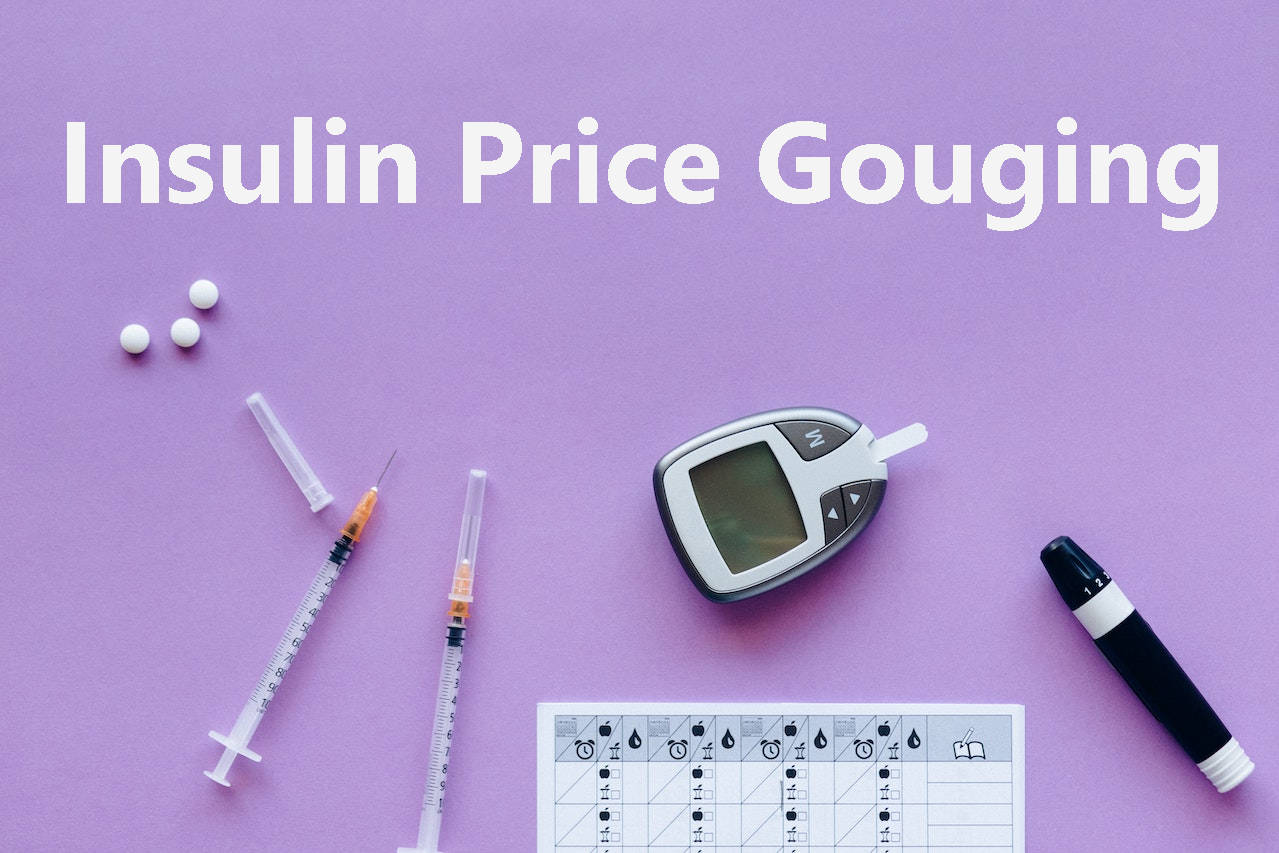
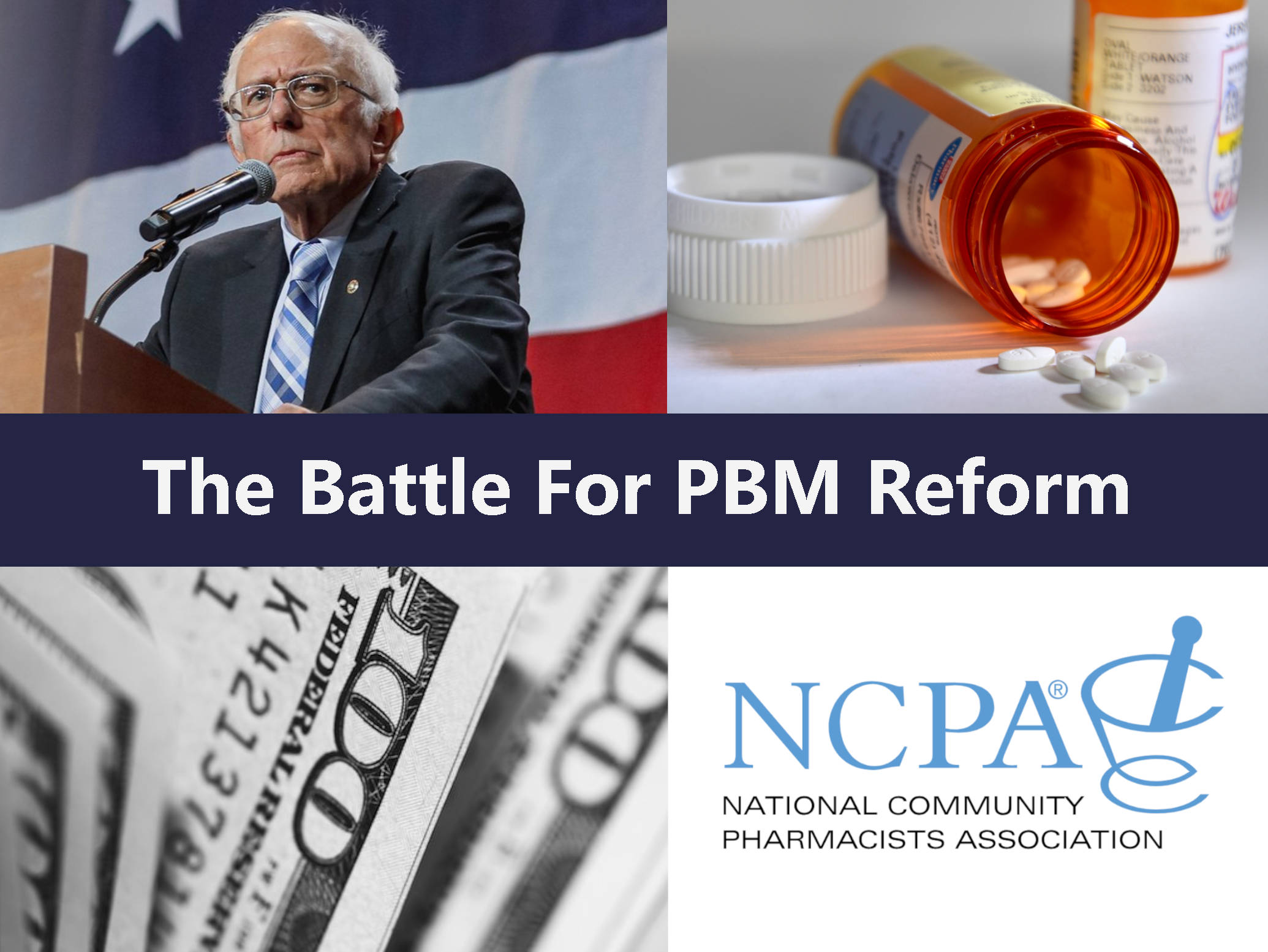



.png)
